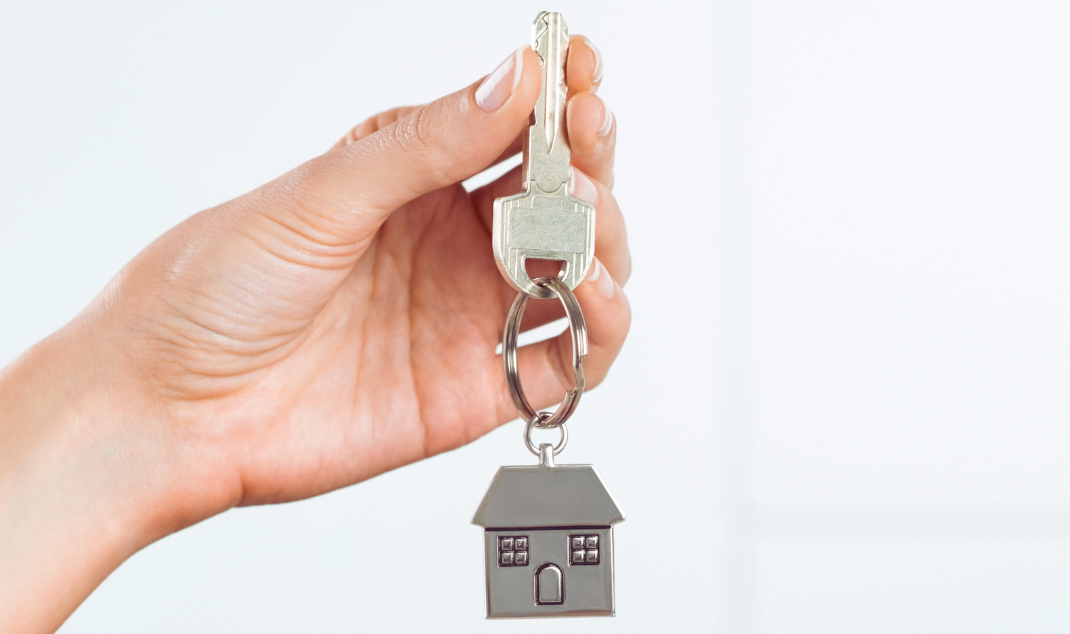The content of this promotion has not been approved by an authorised person within the meaning of the Financial Services and Markets Act 2000. Reliance on this promotion for the purpose of engaging in any investment activity may expose an individual to a significant risk of losing all of the property or other assets invested.
This website is provided by Pfida Ltd, a company registered in England and Wales with company registration number 10347817 and registered office at 124 City Road, London, England, EC1V 2NX. You can send any requests for further information or queries to info@pfida.com.
Pfida’s products are suitable for IFA-certified, high net worth or self-certified sophisticated investors. By continuing to access this site, you confirm you fall into one of these categories. If you do not, please do not proceed further.
You are an IFA certified (sophisticated) investor if you have:
(a) a current certificate in writing signed by an authorised person confirming that you are sufficiently knowledgeable to understand the risks associated with the description of investment stated in (b) below; and
(b) you have signed, within the last twelve months, a statement in the following terms:
“I make this statement so that I am able to receive promotions which are exempt from the restrictions on financial promotion in the Financial Services and Markets Act 2000. The exemption relates to certified sophisticated investors and I declare that I qualify as such in relation to investments of the following kind: unlisted shares, investments acknowledging the indebtedness of an unlisted company, investments constituting an alternative finance investment bond issued by an unlisted company, and investments conferring entitlement or rights or units in a collective investment scheme, or options to acquire or dispose of an investment, or rights under a contract for the sale of an investment, with respect to investments falling within the categories above. I accept that the contents of promotions and other material that I receive may not have been approved by an authorised person and that their content may not therefore be subject to controls which would apply if the promotion were made or approved by an authorised person. I am aware that it is open to me to seek advice from someone who specialises in advising on this kind of investment.”
You are a high net worth individual you have completed and signed, within the last twelve months, a statement confirming that in the last financial year:
(a) you had an annual income of £100,000 or more (not including any one-off pension withdrawals) and specifying your income to the nearest £10,000.
(b) You had net assets of £250,000 or more (not including your home or primary residence, any loan secured on it or any equity released from it, your pension (or any pension withdrawals) or any rights under insurance contracts and specifying your net assets to the nearest £100,000.
You are a self-certified sophisticated investor if you have completed and signed within the last twelve months a statement confirming that you have:
(a) made two or more investments in an unlisted company in the last two years and specifying how many such investments you have made. (This includes any investment made in Pfida Finance Plc); or
(b) worked in a professional capacity in the private equity sector, or in the provision of finance for small and medium enterprises in the last two years and specifying the name of the business/organisation; or
(c) been a director of a company with an annual turnover of at least £1 million in the last two years and specifying the name of the company and its Companies House number (or international equivalent); or
(d) been a member of a network or syndicate of business angels for more than six months and are still a member and specifying the name of the network or syndicate.
For each of the above categories, your declaration confirmed that you understand that this means:
(a) you can receive financial promotions where the contents may not comply with rules made by the Financial Conduct Authority (FCA); and
(b) you can expect no protection from the FCA, the Financial Ombudsman Service or the Financial Services Compensation Scheme.
You are aware that it is open to you to seek advice from someone who specialises in advising on investments. You accept that you could lose all the money you invest.
This communication is exempt from the general restriction (in section 21 of the Financial Services and Markets Act 2000) on the communication of invitations or inducements to engage in investment activity on the ground that it is made to a high net worth individual or certified sophisticated individual or self-certified sophisticated individual.
The content of this website has not been approved by an authorised person within the meaning of the Financial Services and Markets Act 2000.
Reliance on this website for the purpose of engaging in any investment activity may expose an individual to a significant risk of losing all of the property or other assets invested or of incurring additional liability.
If you are in any doubt about the investment to which the communication relates, you should consult an authorised person specialising in advising on investments of this kind.


